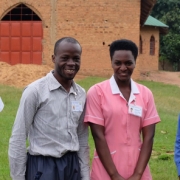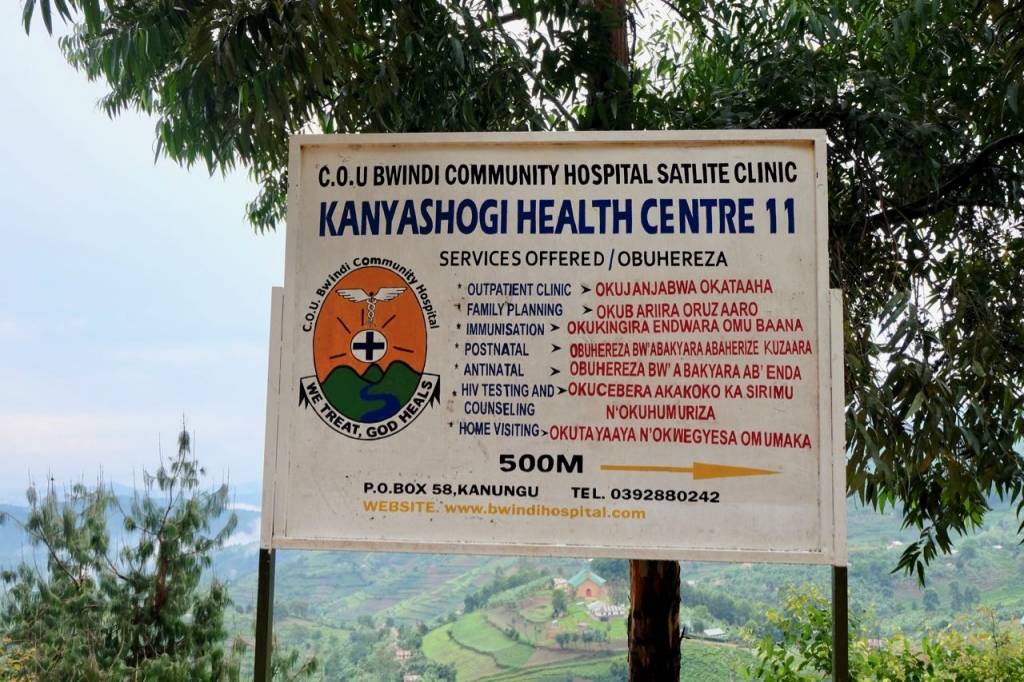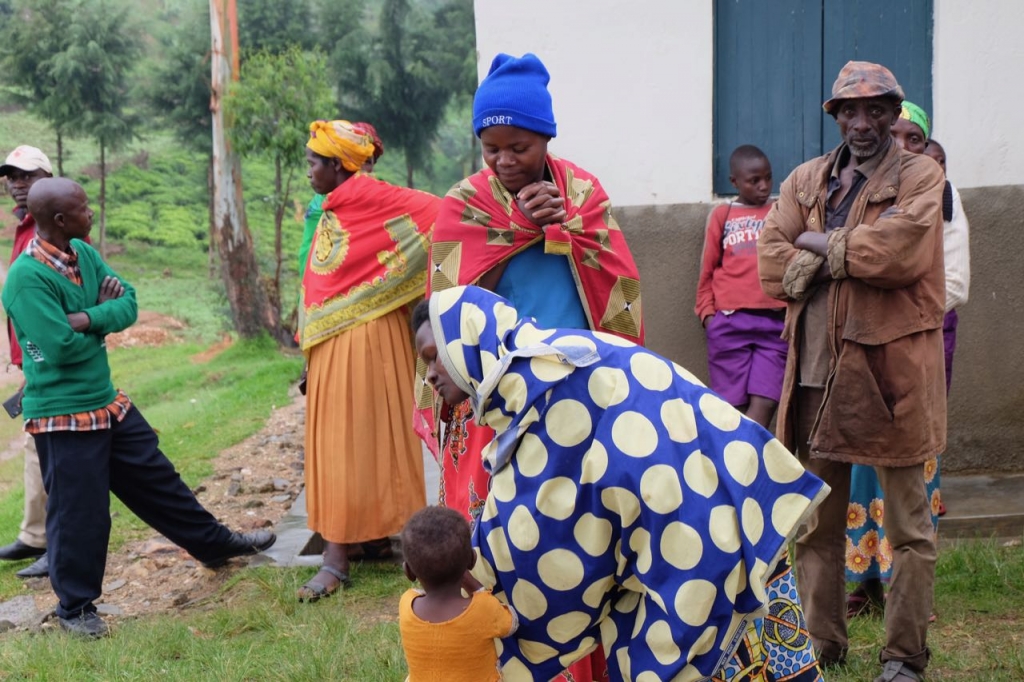The Challenges of Covid-19
Whilst things have been tough here in the UK over the last 16 months, spare a thought for our friends in Uganda.
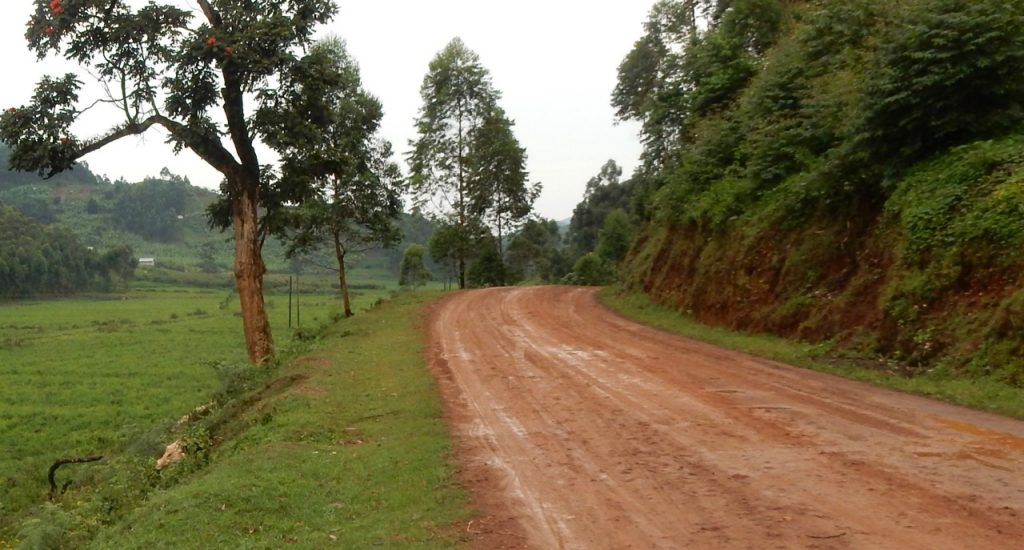
Recent news paints a difficult picture. Uganda is in a renewed lockdown for the whole of July at least, and Covid cases and deaths have been increasing. Many people are struggling economically because so many activities have had to close temporarily. For poorer families this can lead to a shortage even of basic foods.
One medical director told us succinctly, “The hospital ran out of beds, oxygen, human resource, drugs, and our ambulance services were highly on demand.”
There are many medical challenges: few people have received Covid vaccinations due to lack of supply, the oxygen supply is struggling to keep up with the demand. There are shortages of other medication as the supply chain struggles to procure and deliver drugs and protective equipment. Shortages include psychiatric drugs which can have a significant impact on those with mental illness. Many staff have been absent due to Covid which increases the pressures on those who remain.
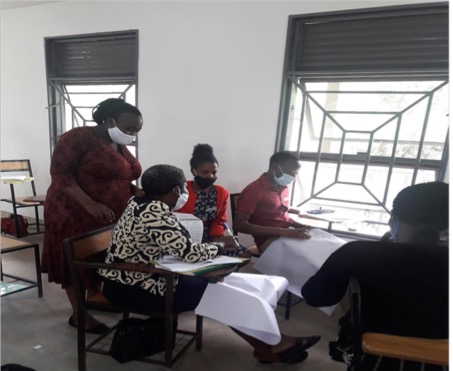
For hospitals, and particularly those in the not-for-profit sector served by Jamie’s Fund, there are additional challenges. Hospital income, for example, has dropped significantly because people are putting off going to hospital, just as they did in the UK. At the same time people are not being treated for potentially serious illnesses. There are reports, too, of an increase in mental ill health which, again, has been seen in the UK, too.
For those with children, the challenges of home-schooling are considerable. Although some families receive school work on-line, many families do not have access to the necessary (expensive) technology. Other schools have no equipment or skills to enable them to move on-line.
At Jamie’s Fund we are supporting where we can. We continue to sponsor the seven Psychiatric Clinical Officers (PCO’s) that we have in training. They have had a particularly difficult time, with their studies interrupted and other financial challenges.
We are also considering what else we might be able to do but there is no doubt that there continues to be a huge need for mental health care in Uganda. If you can help with a donation, of whatever size, please click here to donate.


